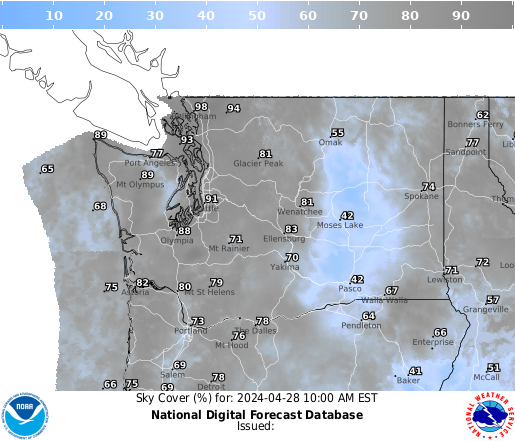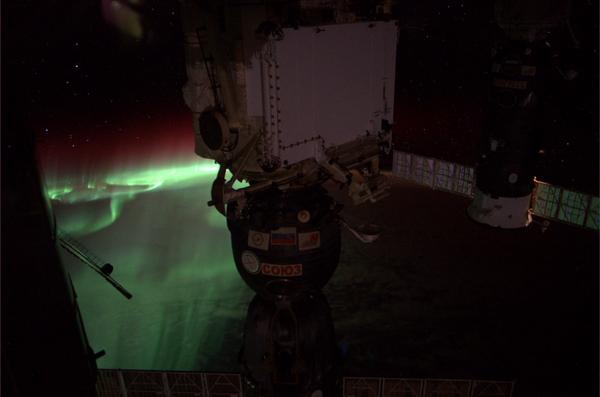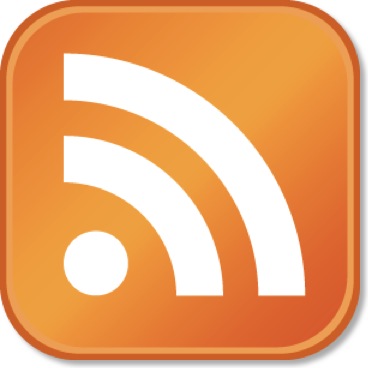 Aurora Alert: March 17, 2015 G4 Storm
Aurora Alert: March 17, 2015 G4 Storm
3/17/2015: Latest predictions have good numbers for Seattle from darkness until 11pm or 1am. This morning was better. Tonight’s a little unpredictable.
From 3/17/2015 pm:
NOAA Kp index breakdown Mar 18-Mar 20 2015
Mar 18 Mar 19 Mar 20
00-03UT 7 (G3) 4 2 5pm-8pm previous date
03-06UT 7 (G3) 3 2 8pm-11pm previous date
06-09UT 6 (G2) 3 2 11pm previous date 2am
09-12UT 5 (G1) 3 2 2am-5am
12-15UT 4 3 2 5am-8am
15-18UT 3 3 2 8am-11am
18-21UT 3 3 2 11am-2pm
21-00UT 3 4 2 2pm-5pm
Rationale: 18 March is expected to (G1-G3) storm conditions as the
effects from the CME persist. Following the end of CME effects,
geomagnetic activity should remain below G1 conditions for days two and
three (19-20 Mar).
From 3/17/2015 am:
The greatest observed 3 hr Kp over the past 24 hours was 8 (NOAA Scale
G4).
The greatest expected 3 hr Kp for Mar 17-Mar 19 2015 is 8 (NOAA Scale
G3).
NOAA Kp index breakdown Mar 17-Mar 19 2015
Mar 17 Mar 18 Mar 19
00-03UT 2 5 (G1) 4 5pm-8pm previous day (PDT)
03-06UT 5 (G1) 5 (G1) 3 8pm-11pm previous day (PDT)
06-09UT 6 (G2) 4 3 11pm previous day - 2am (PDT)
09-12UT 6 (G2) 3 3 2am-5am (PDT)
12-15UT 8 (G4) 3 3 5am-8am (PDT)
15-18UT 7 (G3) 3 3 8am-11am (PDT)
18-21UT 6 (G2) 3 3 11am-2pm (PDT)
21-00UT 5 (G1) 3 4 2pm-5pm (PDT)
Rationale: Geomagnetic storms reaching the G4 level are expected from
the combined effects of recurrent and transient features on day 1 (17
Mar). Minor storm (G1) conditions are expected to linger into early on
day 2 (18 Mar). Unsettled to active conditions (<G1) are expected for
the remainder.
Aurora viewing from Seattle, basic info, tips, locations and resources.
Basics:
What: Possible aurora. Slight greenish tinge, perhaps brighter columns or curtains in the sky, or a diffuse red glow. Do not be tricked by the normal red/yellow glow from downtown Seattle.
When: Use Timeanddate.com to convert aurora prediction times from UTC to Pacific Daylight or Standard Time.
Where: Always look North for aurorae. When clouds are predicted over Puget Sound, so I recommend viewing from Lake Kachess just past Snoqualmie Pass, or even further East. There may also be chances from Sequim or north of Everett.
How: A digital camera with a long exposure will be better at detecting the slightest glow than your eye, but once it gets bright enough you won’t need the camera anymore.
Tips (from my Twitter stream):
- Alice’s Aurora Tip #1: Be patient, keep an eye on the data (see links below) until you see something. Then turn off the data and enjoy.
- Alice’s Aurora Tip #2: Look North. Be in a dark place.
- Alice’s Aurora Tip #3: Bring a digital camera or phone with a long-exposure setting. Long-exposure images gather more light than your eye with long exposures you may see the aurora first in a viewfinder, and with your eye as it brightens.
- Alice’s Aurora Tip #4: It is usually hard to see from Seattle, even when visible. Give your eyes a chance to adapt. Enjoy the stars too.
Advanced:
When Kp levels surpass 5 it is worth starting to check in. In Seattle, we hope for Kp levels of 6 or greater for the best chance to see the aurora. I explained Kp over here.
You should watch these forecasts for minute-to-minute updates:
The Ovation Model – a prediction: bright green, yellow or red overlapping Seattle means go outside and look.
Soft Serve News – a prediction: Kp over 5 means possible aurora for Seattle, but the higher the better. If it hits 6 go outside.
Current Activity – a measurement: If the yellow/orange/red looks like it is overlapping the border between the US and Canada, the aurora might be visible from Seattle. Again, the closer the better.
Estimated Kp – a prediction: Kp over 5 is good news. Remember the date/time along the bottom are in Universal Time so subtract 7 hours.
*NEW* Advanced Solar Wind Charge/Direction – a measurement: scroll down. On the left under “Real Time Solar Wind” is a little speedometer thing labeled “Bz.” When this is pointed towards S/-50/Red we have better auroras in the Northern Hemisphere. When it is pointed the other way, the Southern Hemisphere has better aurora.
NOAA’s Space Weather Prediction Center – lots of info in one place.
Cloudcover prediction for tonight at 11pm:

This image should have today’s date on it. If it does not, click on the image and choose “Sky Cover, 11pm” from the table on the left.
Cloudcover information from NOAA
*NEW* Recommended Viewing Locations:
My general stargazing location recommendations.





